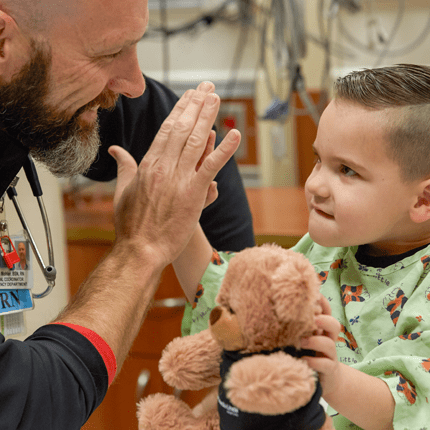Common Signs of Thyroid Disease in Children
The thyroid gland which is located at the front of the neck near the clavicles is responsible for the rate of all metabolic and chemical processes in our body, in every cell, tissue and organ. Thyroid gland disorders consequently have a profound effect upon the human body. When the thyroid gland produces too much thyroid hormone (overactive), the condition is called hyperthyroidism. When the thyroid gland produces too little thyroid hormone (underactive), the condition is called hypothyroidism. Thyroid problems can occur at any age; infants can even be born with a thyroid problem!
According to the American Diabetes Association and the Pediatric Endocrine Society, parents should look for the following symptoms that may indicate problems with their child’s thyroid.
Signs of hyperthyroidism can include:
- Feeling jumpy including trembling hands and trouble concentrating
- Fast heartbeat
- Enlarged thyroid
- Sweat and sleep problems
- Big appetite along with weight loss
- Wide eyed stare including possible eyes bulging out
- Other problems can include fainting and looser stool
The most common cause of hyperthyroidism in children and adolescents is an autoimmune condition called Grave’s disease which causes the body to produce antibodies that stimulate the thyroid gland uncontrollably, making too much thyroid hormone.
Signs of hypothyroidism can include:
- Decreased energy
- Appearing swollen or puffy
- Weight gain without increased appetite
- Decreased growth rate
- Muscle soreness
- Constipation or harder stool less often
- Other problems can include brittle hair and dry skin
The most common cause of hypothyroidism in children and adolescents is an autoimmune condition called Hashimoto’s thyroiditis which causes the body to produce antibodies that attack and destroy the thyroid gland, which then makes too little thyroid hormone.
The good news is that thyroid disorders can be managed very effectively, usually with medication. If your child exhibits some or many of these symptoms, it is best to check with your child’s pediatrician first to inquire about testing for a problem.





